After a long day at work, feeling tired is almost inevitable. However, constantly feeling drained can lead to burnout, impacting your productivity and mental health. Learning the ways how to not be tired after work can help you effectively manage your physical and mental well-being.
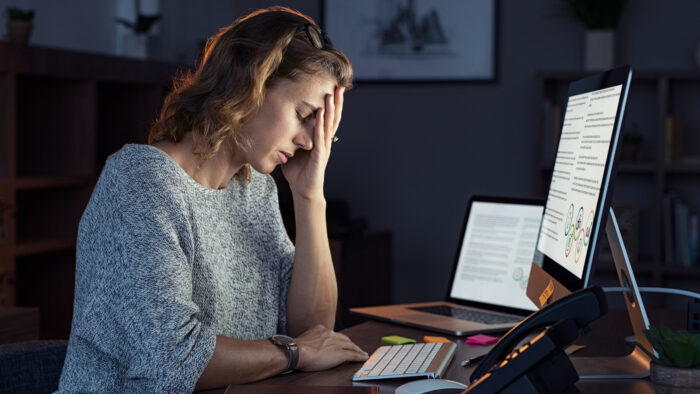
Recent statistics reveal a concerning trend in workplace stress and burnout, particularly after the economic slowdowns of 2021 and 2022. Millennials, for instance, report higher rates of burnout compared to other generations, with 59% feeling burnt out at work.
In this article, we will be taking a look at how to recover from a long and tiring day at work. We will be providing you with valuable insights to rejuvenate your energy and enhance your overall well-being. But to take preventative measures you first have to identify the signs of burnout.
5 Tell-Tale Signs of Being Exhausted After Work
Recognizing the signs of being exhausted after work is crucial for maintaining overall well-being and productivity. Here are some tell-tale signs that you may be experiencing exhaustion:
1. You Are Always Physically Tired
Feeling physically drained after work is a clear indicator of exhaustion. This can manifest as heavy limbs, aching muscles, or overall weakness.
According to a survey by the National Safety Council, 97% of employees report at least one fatigue risk factor, such as long working hours or lack of sleep. As a result of being constantly fatigued, you may start noticing a fall in performance and productivity.
2. There Is A Constant Grogginess
Being groggy or having difficulty concentrating or making decisions suggests mental fatigue. You may find it hard to focus on tasks or retain information.
A recent study has found that cognitive function decreases significantly with sleep deprivation, leading to impaired decision-making and reduced productivity. This can eventually lead to severe burnout or can even lead to a breakdown.
3. You Are Always Irritated
Becoming easily frustrated, impatient, or irritable, especially over minor issues, is a common sign of exhaustion. Your tolerance level decreases when you’re tired.
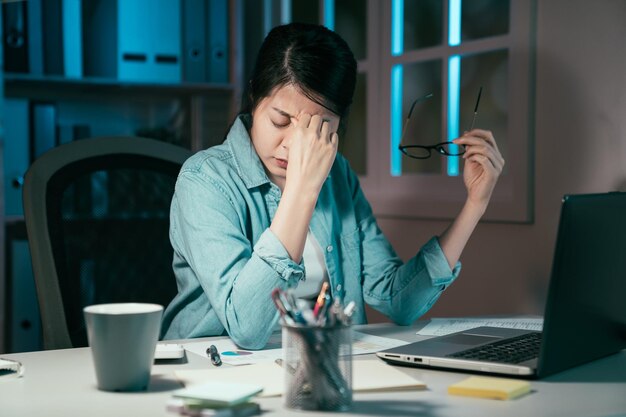
Research published in the Journal of Occupational Health Psychology suggests that chronic workplace stress and exhaustion are associated with increased levels of irritability and anger.
If unchecked this can lead to meltdowns at work and even unnecessary aggressive behavior. Learning how to not be tired after work can help you in addressing these emotional and psychological issues.
4. Small Things Are Triggering You
Experiencing heightened emotions such as sadness, anxiety, or mood swings without a clear reason can be a result of exhaustion.
Emotional stability often decreases when you’re exhausted. According to a study by the American Psychological Association, prolonged stress and exhaustion can lead to emotional dysregulation, contributing to mental health issues such as depression and anxiety.
5. You Don’t Feel Motivated
Finding it challenging to muster the motivation to engage in activities you typically enjoy can indicate exhaustion. Even simple tasks may feel overwhelming.
Research conducted by Gallup indicates that employees who report feeling burned out are 63% more likely to take a sick day and 23% more likely to visit the emergency room. This makes learning how to not be tired after work that much more important now!
Recognizing these signs and promptly addressing exhaustion is essential for maintaining both personal well-being and workplace productivity. Employers can support their employees by implementing policies that promote work-life balance, offering resources for stress management, and fostering a supportive work environment.
Reasons Why You’re Feeling Drained After Work
Feeling drained after work is an issue that many people face, and various factors can contribute to this exhaustion. Understanding these reasons can help in finding solutions to mitigate fatigue.
Here are five common reasons for feeling tired after work, supported by recent findings:
1. You Don’t Move Around Much
A sedentary lifestyle, especially common in desk jobs, can lead to feelings of fatigue due to reduced blood circulation and poor bone health.
Recent studies published in the Journal of Occupational and Environmental Medicine suggest that brief periods of physical activity throughout the workday can significantly improve energy levels and reduce fatigue.
By constantly being seated you are increasing the impact of stress on your body.
2. There Is A Lack Of Balanced Diet
Nutrition plays a crucial role in energy levels. Consuming an imbalanced diet that lacks essential nutrients can lead to decreased energy and increased fatigue.
Recent research from the Harvard T.H. Chan School of Public Health highlights the importance of a balanced intake of carbohydrates, proteins, and fats to reduce stress. It also shows that a generous amount of fruits and vegetables maintain energy levels throughout the day.
Food is the fuel for our body. You cannot put petrol in a diesel truck and expect it to run the same. You need to focus on creating a more balanced diet for yourself, providing the right fuel for your body.
3. Always Being Caffeinated
While coffee can offer a temporary energy boost, reliance on caffeine can lead to an energy crash once its effects wear off. Recent studies have suggested that limiting caffeine intake and replacing it with water or healthier snack options can help maintain steady energy levels.

According to research done in the journal Nutrients, excessive caffeine consumption is associated with disrupted sleep patterns and increased fatigue.
4. Boredom Burnout
Engaging in monotonous or unchallenging tasks can lead to a type of fatigue known as under-challenged burnout. This form of burnout results from a lack of stimulation and motivation, leading to hormonal imbalances that contribute to end-of-day grogginess.
These findings emphasize the importance of incorporating variety and challenge into daily tasks to combat boredom and burnout and maintain energy levels.
5. Poor Work-Life Balance
Extending work hours into personal time can significantly contribute to post-work exhaustion. It’s important to establish clear boundaries between work and personal life to ensure there’s time to recharge and engage in non-work-related activities.
Experts say that an increasing number of employees are staying longer in the office or taking their work home. While longer hours might initially seem to boost output, over time they can lead to burnout, decreased productivity, and a host of physical and mental health issues.
Addressing these factors is crucial when learning how to not be tired after work. It requires a multifaceted approach, including lifestyle changes, workplace adjustments, and possibly seeking professional guidance from experts.
10 Effective Tips For How To Not Be Tired After Work
When learning how not to be tired after work, it’s essential to adopt a holistic approach that encompasses various aspects of lifestyle and work habits. It’s important to focus on physical, mental as well as emotional aspects when trying to prevent burnout.
Here are some strategies you can follow to learn how to not be tired after work:
1. Focus More On Stress Management
High stress levels can lead to fatigue. Engage in stress-reducing activities like mindfulness, yoga, or simply talking to someone about your worries. It shows that stress management techniques such as mindfulness meditation can significantly reduce perceived stress and improve overall well-being.
2. Get In Your Daily Exercise
Regular physical activity boosts energy levels. Even a short walk during breaks or a light workout routine can be beneficial. Regular physical activity is associated with increased energy levels and reduced feelings of fatigue.

Moreover, regular exercise is associated with better sleep patterns, which can further contribute to feeling more rested and energetic. It also plays a role in stress reduction, which is another factor that can contribute to fatigue when not managed properly.
3. Always Try And Maintain a Balanced Diet
Eating healthy is crucial for energy. Include a variety of nutrients in your meals and stay hydrated throughout the day. Scientists from the British Journal of Nutrition indicate that a balanced diet rich in fruits, vegetables, whole grains, and lean proteins can provide sustained energy throughout the day.
4. Reduce Coffee Consumption In Office
While caffeine offers a temporary boost, excessive consumption can lead to energy crashes. Try to limit your coffee intake and replace it with water or herbal teas. According to experts on employee management and health has said that excessive caffeine consumption is associated with disrupted sleep patterns and increased fatigue.
In their work, Ninad S. Chaudhary and Michael A. Grandner have shown that too much caffeine consumption in the workplace is the leading cause of insomnia among millennials. So if you are consuming caffeine in the office, be mindful of the amount you are consuming.
5. Focus On Improving Sleep Cycle and Quality
Ensure you get enough restful sleep. Create a relaxing bedtime routine and make your sleep environment comfortable. Research from the National Sleep Foundation suggests that improving sleep quality by establishing a consistent sleep schedule and creating a relaxing bedtime routine can significantly reduce fatigue and improve overall well-being.
6. Take Small But Regular Breaks
Short, frequent breaks during work can help rejuvenate your mind and body. Step away from your desk, stretch, or take a brief walk. An article published in the Harvard Business Review suggests that taking regular breaks can boost productivity. Short breaks allow you to recharge, which can lead to improved focus and concentration when you return to your tasks.
7. You Have Rights As An Employee
Avoid overworking by setting clear boundaries between work and personal time. Learn to say no to extra tasks if they are overwhelming. Clearly define your work hours and communicate them to your employer and colleagues.
This ensures that everyone knows when you are available for work-related tasks and when your time begins.
8. Stay In Contact With Your Friends and Family
Social interactions can boost your mood and energy. Make time to connect with friends, family, or colleagues. Whether it’s through a phone call, video chat, or in-person meet-up, nurturing relationships can uplift spirits and recharge your emotional batteries.
9. Always Remember To Set Time Aside For Mindfulness
Practicing mindfulness techniques can alleviate mental fatigue caused by multitasking and prolonged focus on work. By focusing on the present moment and cultivating awareness of thoughts and emotions, mindfulness helps to calm the mind, improve concentration, and restore mental energy.
10. Seek Professional Help if Needed
If fatigue is persistent and affecting your daily life, consider speaking to a healthcare professional for guidance. Chronic fatigue may be a symptom of underlying health issues that require medical attention.
Implementing these tips can help you manage and reduce feelings of tiredness after work, contributing to overall well-being and productivity. Remember, it’s about finding the right balance that works for you and making small, consistent changes to your daily routine.
Finding The Perfect Work-Life Balance
Learning how to not be tired after work is essential for maintaining overall well-being and productivity. Constant fatigue can lead to burnout, which can negatively impact both your professional and personal life.
Recognizing the signs of being exhausted after work is the first step in addressing burnout. Signs such as physical fatigue, mental fog, irritability, emotional sensitivity, and decreased motivation are all too common symptoms of being exhausted after work.
Making changes to your lifestyle, and work habits, and seeking help when needed can make a big difference when it comes to feeling drained after work.
In the end, finding the right balance between work and personal life is important for avoiding exhaustion. By taking care of yourself and making sure you have time for rest, you can stay energized and happy both at work and at home.
Frequently Asked Questions (FAQs)
1. What are the signs of being exhausted after work?
Signs of exhaustion after work include physical tiredness, mental fog, irritability, emotional sensitivity, and decreased motivation. These indicators suggest that you may be experiencing burnout, which can impact your overall well-being and productivity.
2. What are the reasons for feeling drained after work?
Feeling drained after work can be attributed to factors such as lack of movement, an imbalanced diet, excessive caffeine consumption, boredom burnout, and poor work-life balance. Understanding these reasons can help in finding solutions to mitigate fatigue and prevent burnout.
3. How to not be tired after work?
To avoid feeling tired after work, focus on stress management, stay physically active, maintain a balanced diet, limit caffeine intake, improve sleep quality, take regular breaks, set boundaries between work and personal life, stay socially connected, practice mindfulness, and seek professional help if needed.
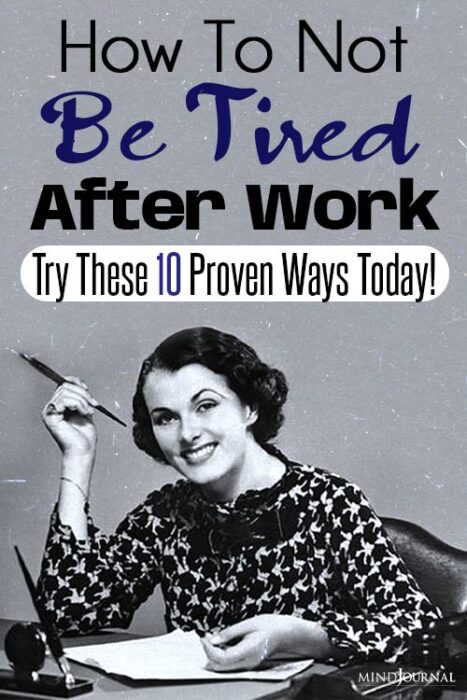
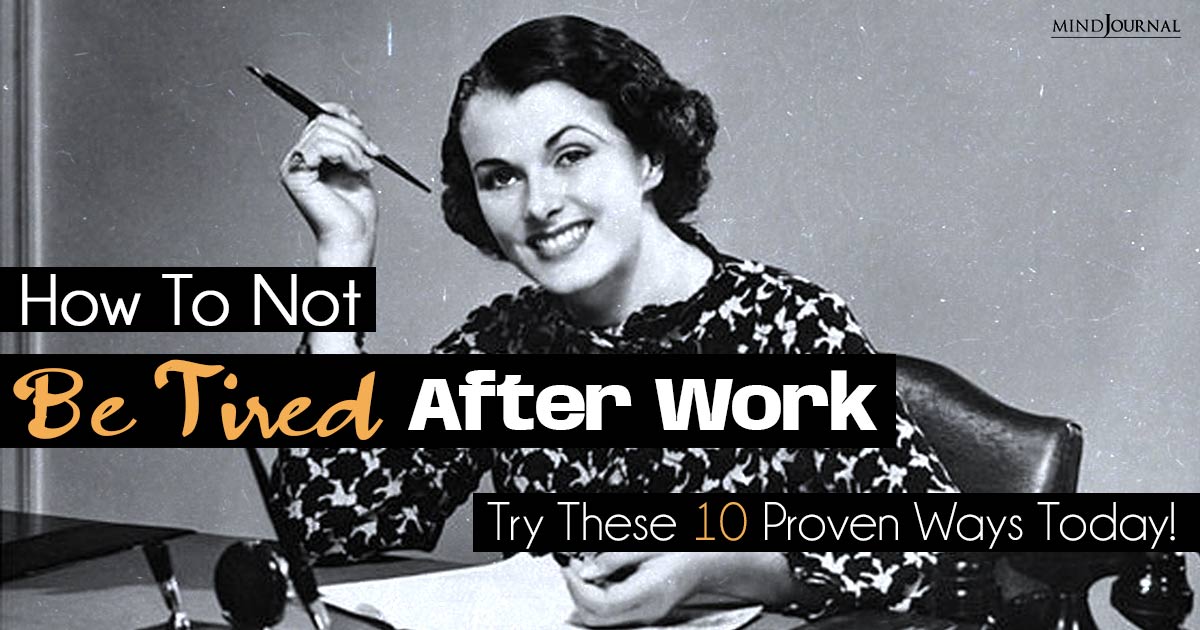

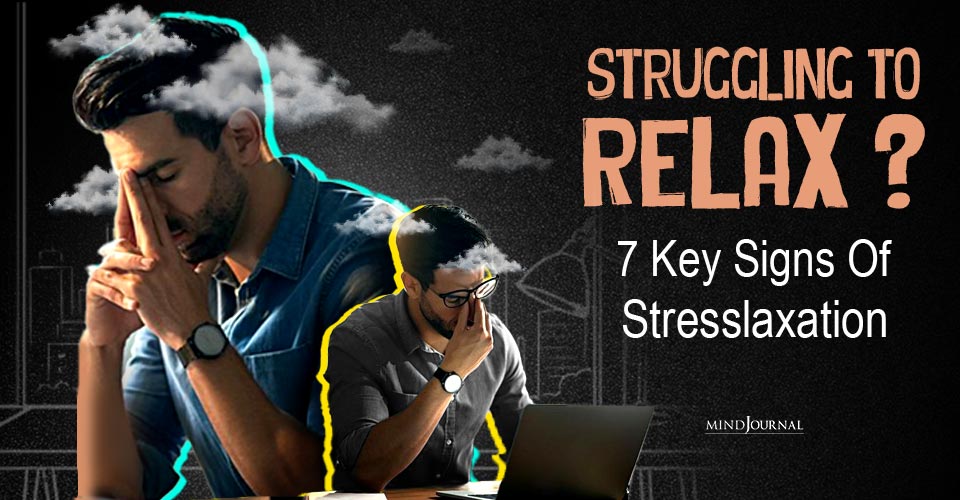

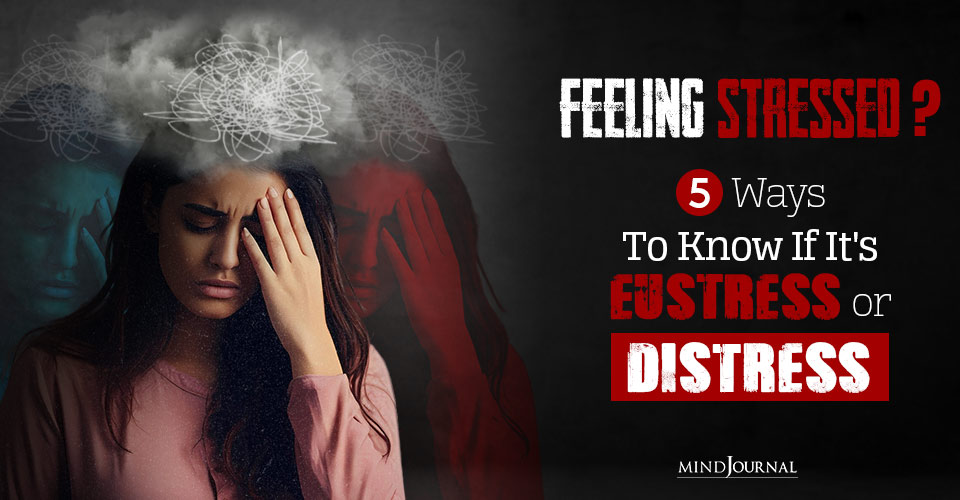
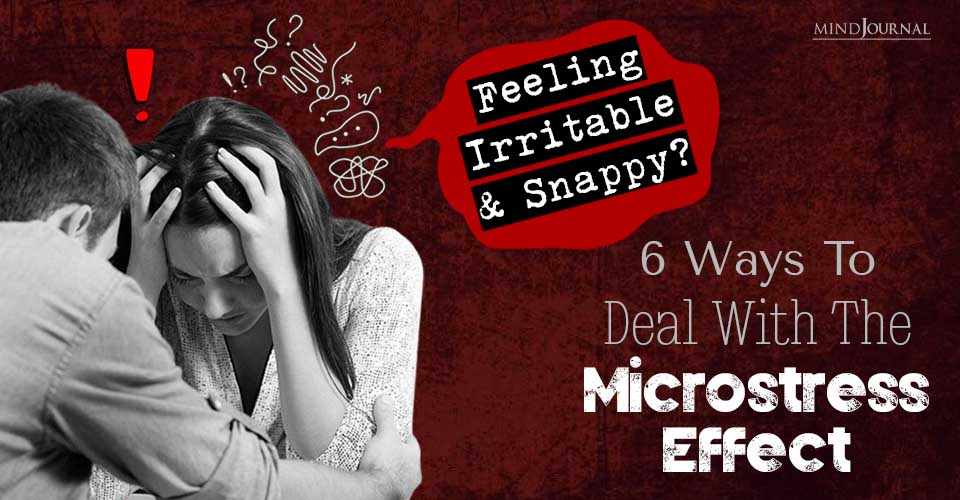


Leave a Reply
You must be logged in to post a comment.